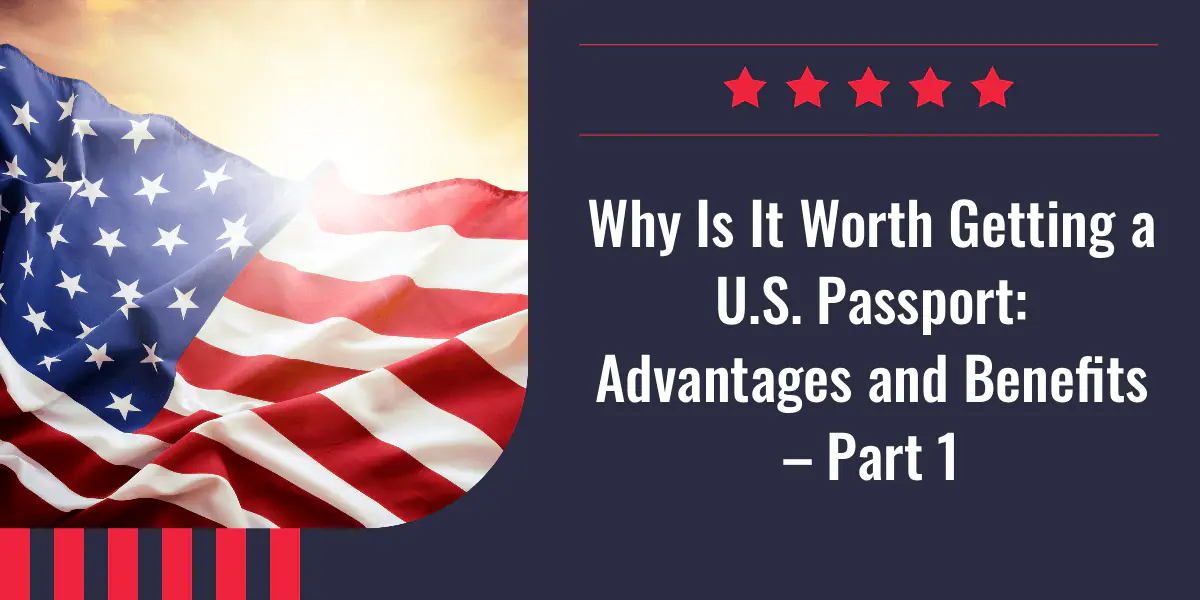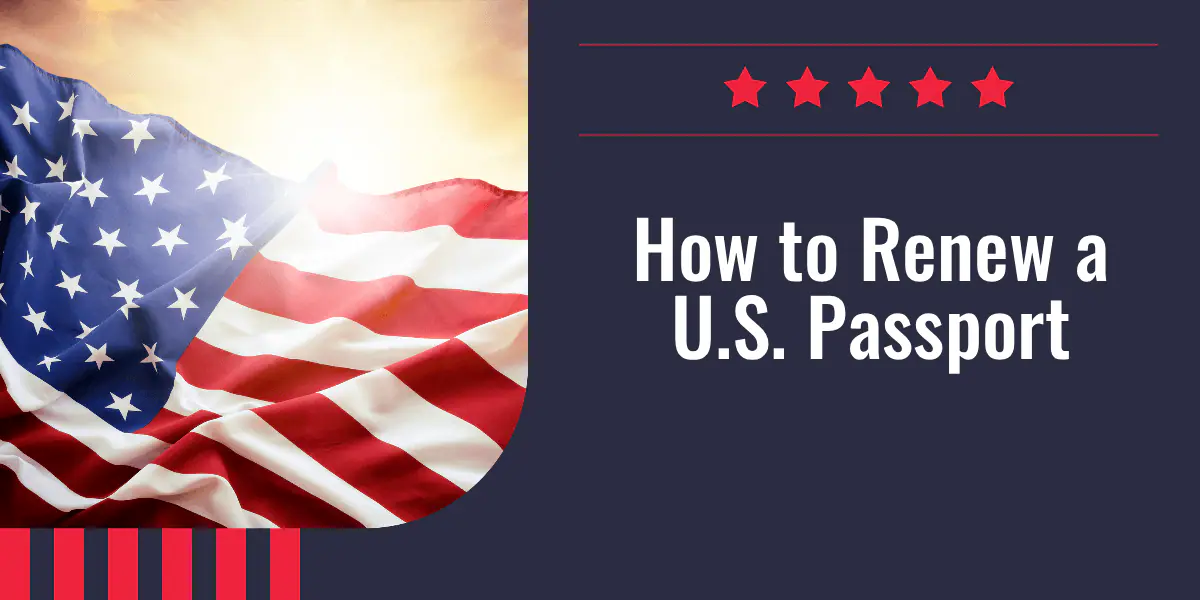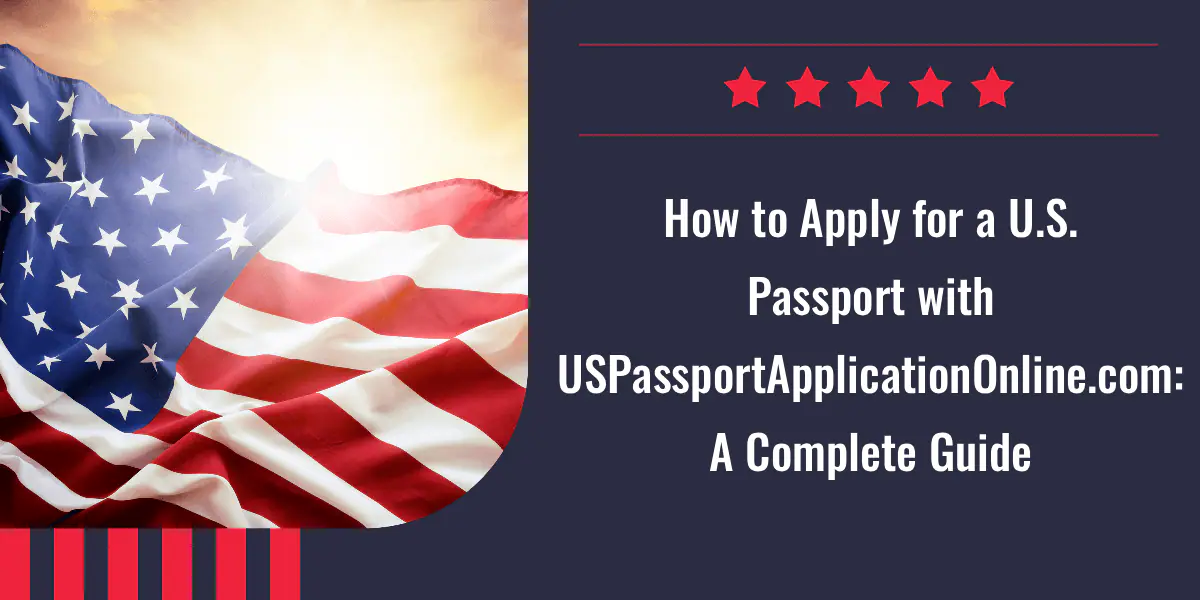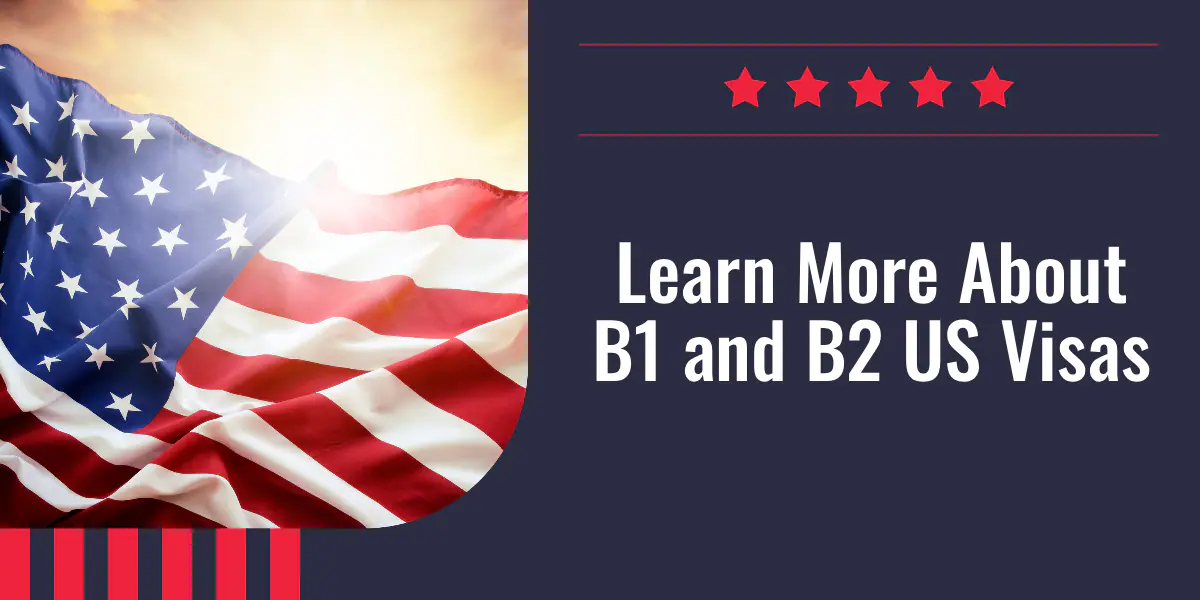
A Consular Interview is a mandatory meeting with a U.S. consular officer at an embassy or consulate, conducted as part of the visa application process. It is a crucial stage, as the decision on whether the applicant qualifies for a visa and is allowed to enter the United States is typically made during this interview.
Role and Process
During the consular interview, the officer reviews the applicant’s submitted documents and asks questions regarding the purpose of travel, financial situation, plans for the stay, and ties to the home country. The questions are designed to assess whether the applicant intends to use the visa category appropriately and whether there is a risk of overstaying or violating U.S. immigration laws.
The interview is not just a formality – it is the applicant’s opportunity to demonstrate the credibility of their intentions. Depending on the visa category, the consular officer may also request additional documentation or clarification.
Decision and Possible Outcomes
In many cases, the visa decision is made immediately after the interview. The officer may approve the visa, deny the application, or place it under additional review, known as administrative processing. This step can extend the overall processing time.
A consular interview is required for most nonimmigrant visas (such as B-1, B-2, F-1, H-1B) as well as for all immigrant visa applications. Only in limited cases, such as travelers eligible for the Visa Waiver Program, is the interview not required.
Summary
The Consular Interview is one of the most important stages of the U.S. visa process, determining whether an applicant will be granted entry to the United States. During the interview, the officer evaluates the documents, purpose of travel, financial background, and ties to the applicant’s home country, and the outcome directly affects whether a visa is approved or denied.
👉 If you are planning to apply for a U.S. visa, use our online application form available at uspassportapplicationonline.com to prepare for the application process and improve your chances of approval.
Select your application form type
U.S. Passports
U.S. Visas
U.S. ESTA
Read also the articles on our blog:
* The information provided in this article is for informational purposes only and does not constitute legal advice. The content has been prepared based on publicly available information, including the U.S. Department of State website and other thematic sources, and is intended to clarify selected issues and assist individuals interested in the process of applying for documents, including passports and visas.



